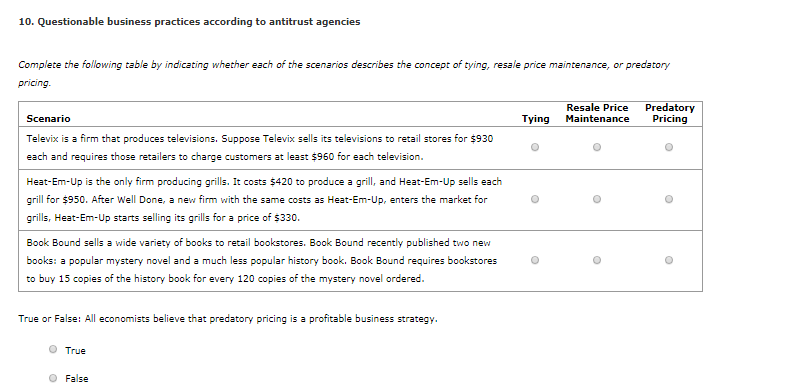

- Microsoft should same antitrust scrutiny facebook how to#
- Microsoft should same antitrust scrutiny facebook Bluetooth#
- Microsoft should same antitrust scrutiny facebook series#
- Microsoft should same antitrust scrutiny facebook tv#
Think power utilities, such as Duke Energy, or the TV and internet giant Comcast. Current antitrust law allows for the possibility that you might be the sole player in your industry because you’re just that well managed and your product is just that good, or it’s just cost-prohibitive for any other company to compete with you. In fact, it’s not even illegal to be a monopoly.
Microsoft should same antitrust scrutiny facebook how to#
Read: How to fight Amazon (before you turn 29) The company is reluctantly guilty of the sin of bigness, yes, but it is benevolent, don’t you see? Reformed, even! No need to cast your pen over here!

Since its own brush with antitrust regulation decades ago, Microsoft has slipped past significant scrutiny. Microsoft is the company that could truly test the Biden-era commitment to anti-bigness, and, as a lawyer friend of mine put it, define the limiting principle of new Federal Trade Commission Chair Lina Khan’s antitrust theory. One behemoth is still swimming around relatively invisibly: Microsoft. However, like technology itself, antitrust scrutiny isn’t yet evenly distributed. Facebook, Alphabet (the parent company of Google), Amazon, and Apple are in different stages of public villainy. Taken in sum, the myriad efforts under way in Washington, D.C., raise the specter that companies may soon have to answer for their sheer size, rather than what they do with it.įew industries are more at risk from this regulatory fervor than Big Tech (the problem is right there in the moniker, after all). “Capitalism without competition,” he declared, is “exploitation.” The executive order comes as lawmakers and policy makers are proposing big changes to antitrust law and the enforcement of existing competition rules. This month, President Joe Biden signed an executive order to attempt to undo some 40 years of growth-at-all-costs economic policy, targeting various kinds of monopolies, including airlines, meatpackers, hearing-aid manufacturers, and, of course, technology firms. Apple had no further comment beyond pointing to its 2022 statement.The problem, as the Biden administration tech-policy adviser Tim Wu might say, is the bigness. The European Commission didn’t respond to Bloomberg’s request for comment. Its tap-to-pay tech, the NFC chip, allows payments to be processed via a card reader at a cash register.Īpple maintains strong restrictions on access to the NFC antenna, setting high standards for rival payment providers, which those competitors claim violates the EU’s competition rules.įollowing the EU’s statement of objections in May 2022, Apple said that it ensures “equal access to NFC while setting industry-leading standards for privacy and security.” Read More: Apple’s Push Into New Financial Services Hits Delays: Power OnĪpple’s digital wallet solution allows consumers to store virtual debit and credit cards on iPhones, in addition to ticket bookings.
Microsoft should same antitrust scrutiny facebook Bluetooth#
The EU is now examining the availability of other payments solutions across mobile devices, including the use of QR codes and bluetooth technologies, as alternatives to Apple’s near-field communications chip, according to two people familiar with the matter, who spoke on condition of anonymity. The move, confirmed by a European Commission spokesperson, comes on the heels of formal EU antitrust charges against Cupertino, California-based Apple in May last year, which claimed that its actions restricted competition in the market for mobile wallets on iOS devices.

Microsoft should same antitrust scrutiny facebook series#
(Bloomberg) - Apple Inc.’s tap-to-pay technology faces a fresh round of European Union antitrust scrutiny, after the bloc’s competition investigators dispatched a series of questions to retailers as part of an ongoing probe into the iPhone maker’s closely guarded payments chip.


 0 kommentar(er)
0 kommentar(er)
